People Like Us
People Like Us
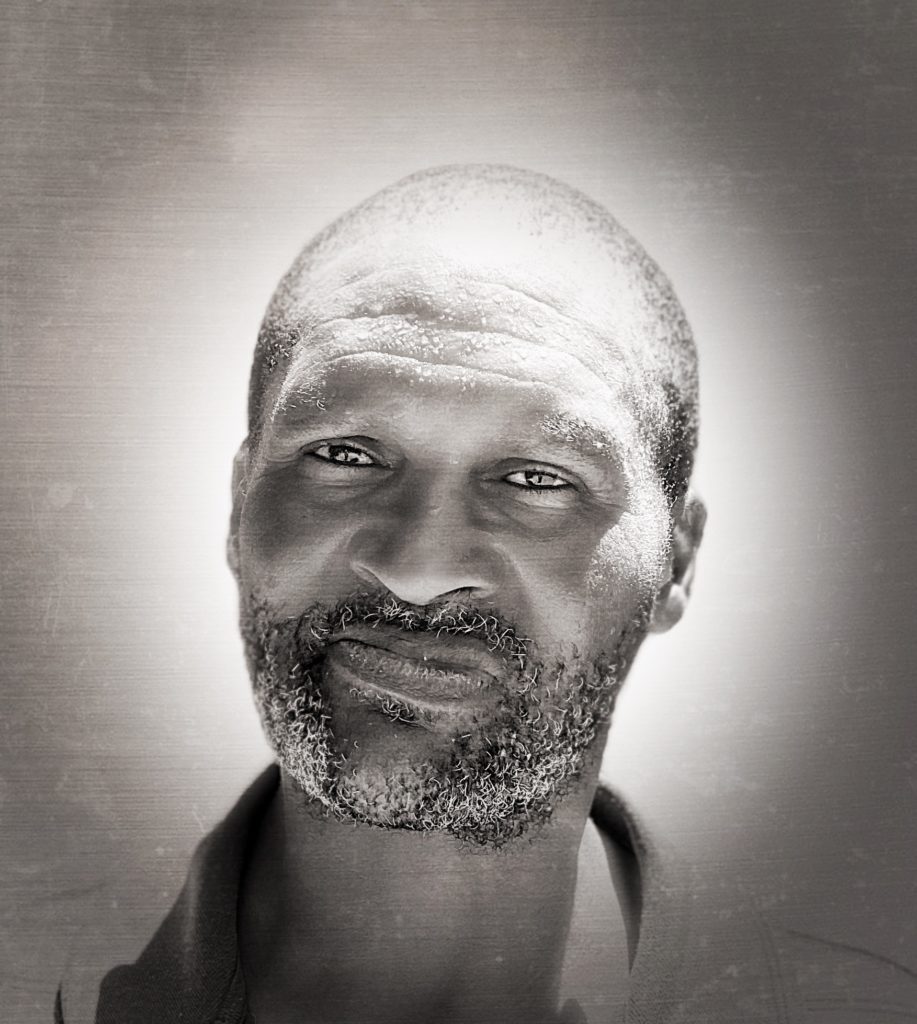
by Jenni Keast
“The religious leader stood apart from the others and prayed, ‘How I thank you, O God, that I’m not wicked like everyone else. They’re cheaters, swindlers, and crooks—like that tax collector over there’” (Luke 18:10-12).
I met a man name Alan at a homeless encampment here in Redding, CA. His plight is a common one—of a man being let out of prison but having no place to go. In his case, it’s even more dire: Alan is over 60 years old and has medical problems.
Young or old, it’s hard to get a break when all that people see when they look at you is a guy with a record. But as you’ll read, Alan is so much more than a mug shot, a number and a jumpsuit.
Like most of us, he doesn’t want to be judged solely by his past. Read Alan’s story.
It’s an Inside Job
So, who are these people you see camped out in groups on vacant land, sleeping in doorways, congregating at big-box retailers, government buildings and, let’s be honest, committing petty crime? The latter group doesn’t represent all homeless people, but they do some.
I’ve come to know one of those people who used to steal stuff from cars to support her heroin habit. She’s a completely different person now—deeply sorry for what she did and now wanting to help others trapped in addiction. She’ll soon be graduating from our recovery program. I’m one of her biggest cheerleaders.
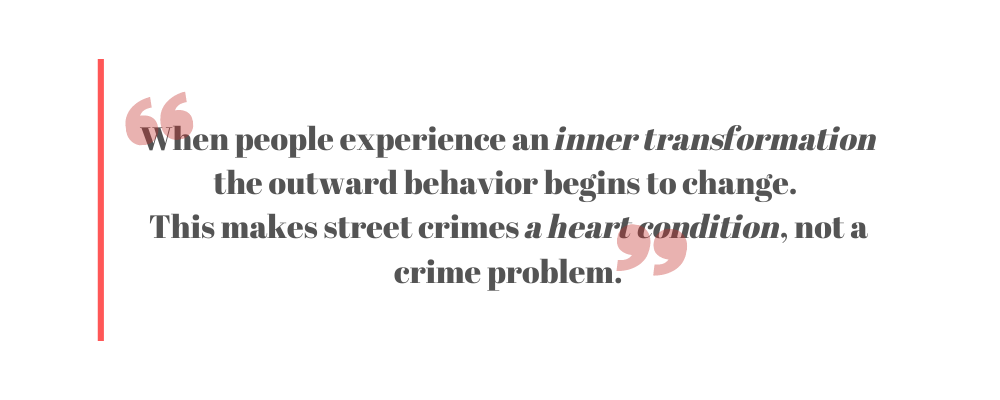
Clearly, ending homelessness isn’t an easy solution, though here at the Mission we’re definitely making a difference. The stories of those who have gone through our New Life Recovery program and gone on to become contributing members of our community are numerous.
There’s a lesson here, which is this: When people experience an inner transformation, the outward behavior begins to change. This makes street crimes a heart condition, not a crime problem.
Put another way, we can lock criminals up to keep us feeling safe, but who is going to unlock their hearts? I’m thinking of the lyrics to a Johnny Cash song. They were written by Glen Sherley, a career criminal locked up in a California prison on an armed robbery charge. Cash, moved by the words (and the man who wrote them), put them to song: “Inside the walls of prison my body may be, / But the Lord has set my soul free.”
Soon after Cash played to a “captive crowd” in Folsom prison, his career rebounded from a long slump and launched into the hearts of people worldwide. Seems all humans—free or fettered—respond to the message of God’s amazing grace.
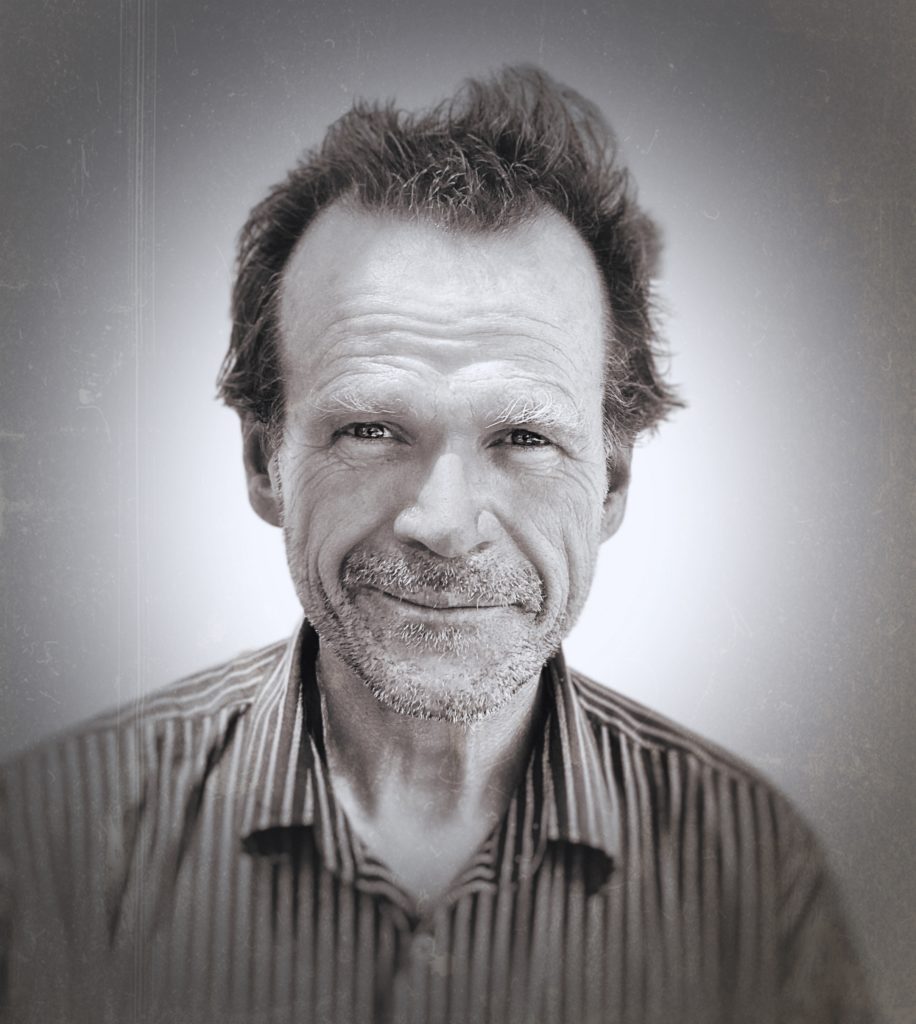
It Takes All Kinds: The Disturbed, the Drugged and the Detoured
Some people living on the street are there through no fault of their own—a genuine victim of circumstances. Some drove themselves there through addiction, and others because of their inability to fit into mainstream society. Some are hippies who never got the memo … bona fide “beatniks” who just kind of drifted into the future. (Here in the upper part of Nor-Cal, we tend to have an interesting hybrid of rednecks and hippies. I’ve dubbed them “hip-necks.” It’s a mix you don’t usually find further south.)
Other homeless people were pushed there through an overcrowded mental health care system. Those are the ones you see having passionate conversations with themselves on street corners. They often neglect to take their meds. They can sometimes be scary.
Then there are the very young ones—the proverbial teenage runaways. I was one of those. As a “poor little rich girl”growing up in San Francisco, I ran away from home at age 14, eventually ending up a ward of the court. From there, I was placed in a delinquent home for girls in the state of Nevada. That set me on the right path, but there were some detours along the way.
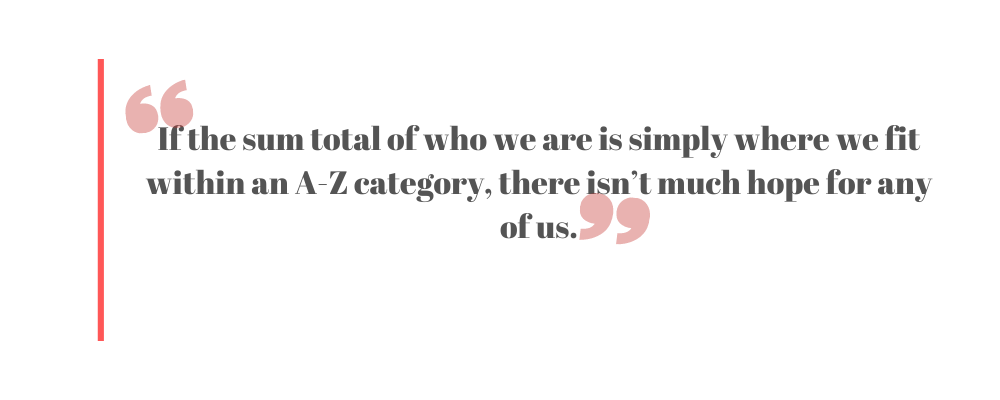
It took me a long time to get my act together. On the outside, I looked (mostly) great. On the inside, I was a hot mess.
At first glance, you can sometimes tell what category a homeless person falls into. But given that God doesn’t put us into categories, it would be prudent to try and refrain from that facile assessment. After all, if the sum total of who we are is simply where we fit within an A-Z category, there isn’t much hope for any of us.
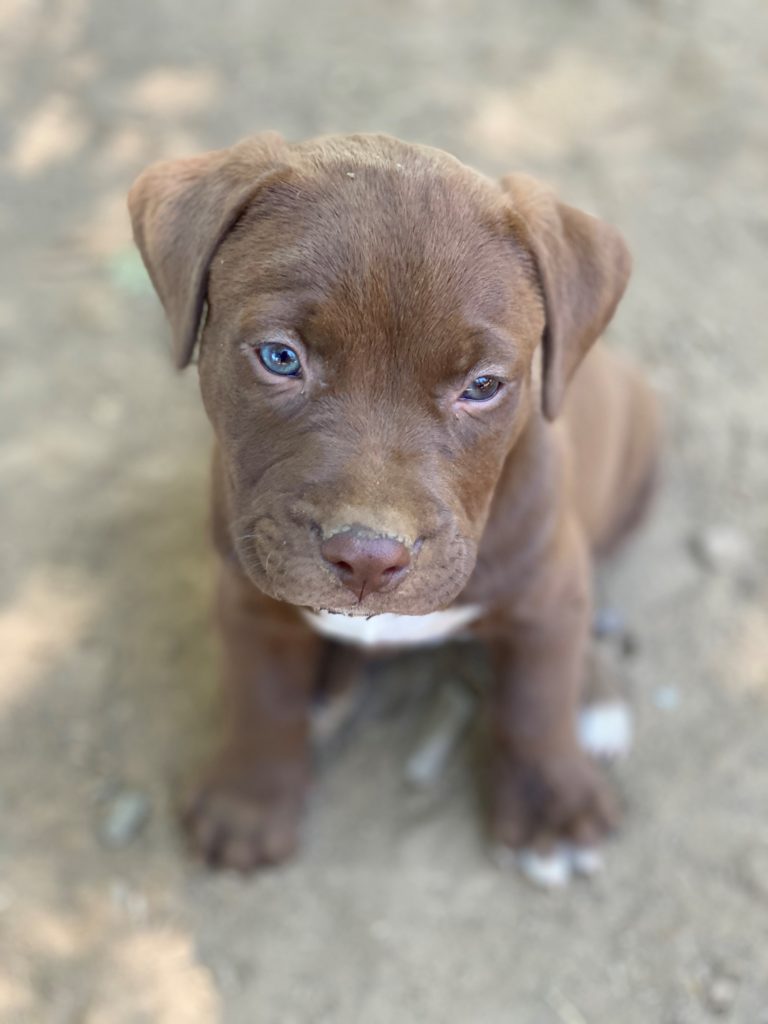
Some street people never had anything to begin with and therefore don’t expect to rise above that. Some once had everything and now have nothing. Some are sensitive and kind like Alan. Others you probably wouldn’t like all that much—they can even be downright offensive. They might even resemble some of your least-favorite relatives— like your dotty old aunt or your rebellious, pot-smoking niece. And while it’s easy to judge—to say, “Oh, they’re a druggie” or “Oh, they’re lazy” or “Oh, they’re a nut job,” in truth, you really don’t know until you hear their story.
A Striking Resemblance
You might be surprised to learn how much like you and I the homeless are—only without the filters. Their personas are readily apparent. There are the grateful, the entitled, the humble, the proud, the kind, the cruel, the emotionally whole, the mentally challenged, the caring, the selfish, the generous, and the angry. They are you and I.
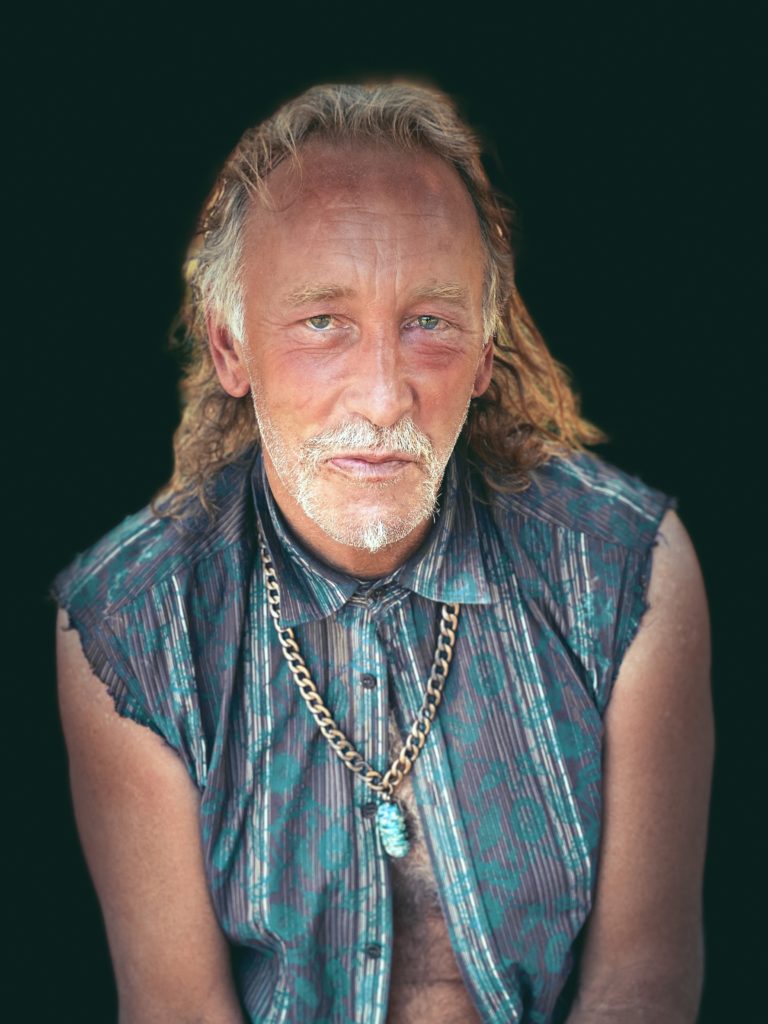
In short, they run the gambit of human characteristics, just like the people who live in homes, have a job, drive a nice car—you know, the ones who look and act quite respectable. If only it were that easy to tell the “losers” from the “winners.” It would certainly render the scripture, “Man judges the outside, God looks on the heart” obsolete, allowing us to live our comfortable, if unremarkable, lives. It would also make establishing our life goals, including sizing up others so that we can “win friends and influence people,” a pretty easy and straightforward process.
We all secretly want life to be an easy-to-follow formula. It’s what keeps religiosity alive and motivational speakers employed.
Fortunately, the Almighty, in His wisdom, keeps us guessing. He loves to throw us off “our game.” Because he knows how easily we can become prideful about our accomplishments—even noble and altruistic ones. And feel oh so superior to those who don’t look or act like us … or haven’t achieved what we’ve achieved. Perhaps that’s why we avoid eye contact with the homeless … they scare us. One or two missteps and I could be him—or her—we think to ourselves.
This is dangerous ground. As C.S. Lewis wrote, “Pride gets no pleasure out of having something, only out of having more of it than the next man. It is the comparison that makes you proud: the pleasure of being above the rest.”
In contrast, Jesus, who was a study in contrasts, said, “I have not come to call the ‘righteous,’ but to call those who fail to measure up and bring them to repentance.” The irony is that we all fail to measure up.
The terrible tragedy is that that some of us know it, and others don’t. The latter folk give God little to work with.
“There are none so blind …”
As to their future, some of the “down-and-outers” will make it off the streets, others won’t. Some want and seek help, and others never take that step. The latter keep their own company, call their own shots and live under the illusion that freedom means doing whatever it is you want. “Freedom’s just another word for nothin’ left to lose,” belted out Janis Joplin back in the counterculture 60s.
Watch video stories of some Good News Rescue Mission success stories!
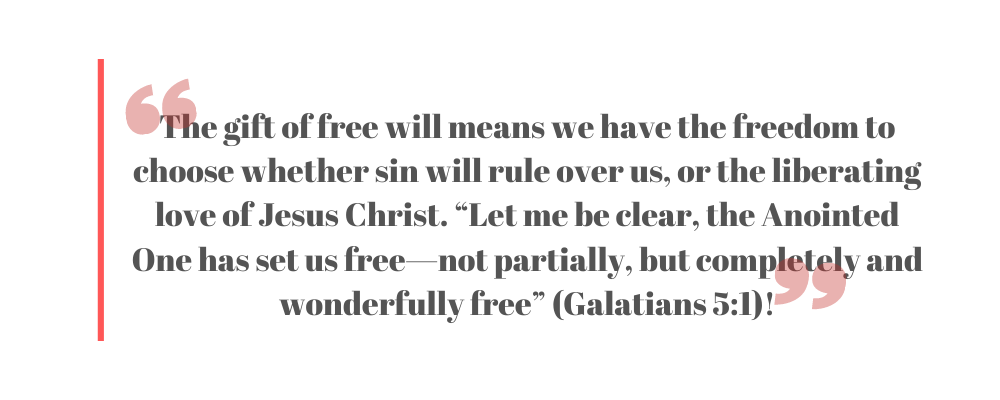
Joplin could not have been more wrong. From what I’ve observed, people who live by that code—rich or poor, religious or non—are anything but free. In reality, no matter what your lot in life, freedom doesn’t mean being free to do whatever we want, but rather free to choose what God wants.
The gift of free will means we have the freedom to choose whether sin will rule over us, or the liberating love of Jesus Christ. “Let me be clear, the Anointed One has set us free—not partially, but completely and wonderfully free” (Galatians 5:1)!

It’s our job—our “God job”—to show those who cannot see, those who are trapped in a prison of pretense, a different—and higher—way. This is true whether the person is trapped in a deceptive cycle of addiction (“Tomorrow, I’ll quit”) or the self-delusion of arrogance—an arrogance that says, “Who needs God? I’m doing just fine.” It’s arguable which deception is worse.
As the old adage says, “There are none so blind as those who will not see.” We don’t show the way because we have all the answers—or because we ourselves see perfectly—we simply point them to the One who is the Answer.
Leaving the 99
The homeless and those living on the street can be beautiful human beings and they can also represent the ugliest side of us—our lower nature put on inglorious display. At times they can be both. They’ve suffered from rejection, loss, abuse, abandonment, disappointment, cruelty, indifference and everything else that falls under the category of man’s inhumanity to man.
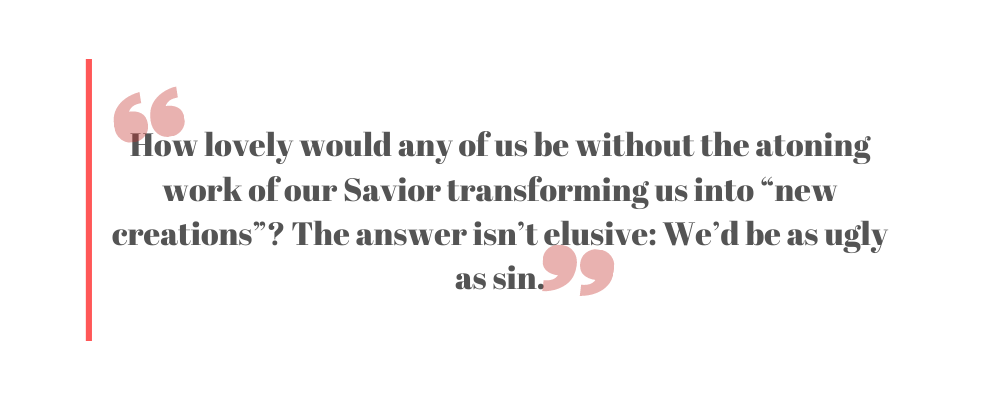
The only difference between them and us is that their dysfunction is more visible—it’s out there for everyone to see. And it’s precisely because they are so visible that we tend to make them invisible.
We do so because quite frankly, they scare us. One or two missteps and I could be him—or her—we think to ourselves. That may be true. But rather than let that be a reason to disengage from humanity—pretending the hurting and the unlovely don’t exist—it should move us to compassion. After all, how lovely would any of us be without the atoning work of our Savior transforming us into “new creations”? The answer isn’t elusive: We’d be as ugly as sin.
No matter how people living on the street got there, they’re still worthy of our care and concern. They may not always want our help, but that doesn’t mean we stop trying. Because even if we reach only one, it’s worth it.
Even Jesus thought so. He said, “If a man owns a hundred sheep and one lamb wanders away and is lost, won’t he leave the ninety-nine grazing on the hillside and go out and thoroughly search for the one lost lamb? And if he finds his lost lamb, he rejoices over it, more than over the ninety-nine who are safe. Now you should understand that it is never the desire of your heavenly Father that a single one of these should be lost” (Matthew 18:12–14).
It’s not our desire either. It’s why we exist. I invite you to come down and join us at the Mission as part of our shared mandate to go out and search for “the one.” It may just be the most fulfilling work you’ll ever do.
It’s easy to find us. We’re located down on Market Street—right off of historic Highway 99.
Watch video stories of some Good News Rescue Mission success stories!

